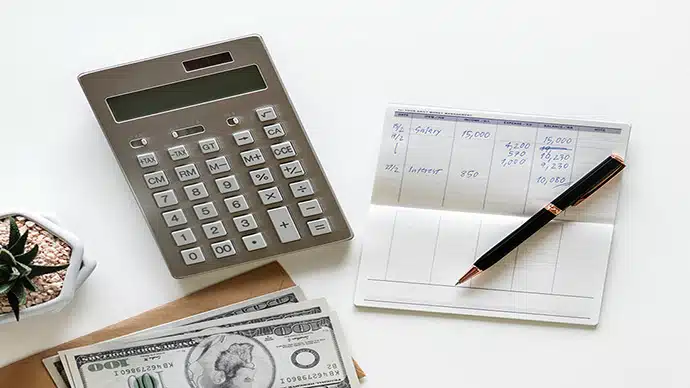
Whether you’re one of the lucky ones who’ve seen your savings soar during the pandemic, or one of those who will be getting additional stimulus money from the government, BILLSHARK wants you to consider carefully what you’ll do with it.
We realize it’s tempting to spend when you suddenly have more available cash than usual. But there are smarter money moves you can make.
Unintended savings
The pandemic certainly has been difficult, and even tragic, for many people’s finances. But surveys show those who haven’t lost their jobs have been able to save a great deal of money.
An AP-NORC Center for Public Affairs Research survey, for example, found as a result of their newly restricted lifestyle, many people are spending less, saving more, and paying down existing debt.
“Two thirds say they are spending less because of the coronavirus outbreak,” the survey reported in August. “Fifty-two percent say they’ve been able to save more than usual, pay down debt faster, or both.”
Natalie Sawyer, a school administrator in Texas, and her husband, a retired military officer and teacher, were forced to curtail their shopping and eating-out habits. They managed to save over $4,000 so far.
Even though she’s started shopping again, “I find myself not spending nearly as much as I used to and we’re still cooking a lot more at home,” she told CNN Business. “COVID helped us realize that we don’t need most of the stuff that we were spending on.”
Different approaches
Everyone seems to have different ideas about what to do with their unexpected gains.
“Money that we would have spent traveling—we used to travel a lot—or that we would have spent going out with friends or whatever, that money, a lot of it, has shifted to putting it into savings,” said Laura Temming, 33, of Columbus, Ohio.
She and her wife Rachel have been able to keep their jobs. They paid off a car loan, bought paddleboards, and increased donations to social justice organizations and political candidates. But they told Marketplace most of the extra goes straight into savings.
Annelies Goger spent much of her life pursuing a PhD. She was happy to put her unexpected pandemic gains toward building up an emergency fund, and is now looking toward paying down her student debt. Next, she’ll start to save for a down payment on a home.
“As someone who doesn’t have parents that can give me money for a down payment, this is like a once in a lifetime opportunity for me to get ahead,” she told Marketplace.
Which money move is smartest?
It’s smart to do what works for you, but the first rule of financial savvy is saving.
Time magazine spoke with Pam Capalad, a certified financial planner and founder of Budget and Brunch. She said the smartest move is to build up savings first before trying to pay down bills.
“It’s unconventional advice, but it’s the advice I give to clients regardless,” she said. Prioritizing savings over debt [reduction] means you end up having savings and paying down your debt anyway.”
Otherwise, if there’s an emergency and you have no savings to cover it, you’ll end up having to borrow all over again.
“Especially now when it comes to prioritizing food, shelter, and sanity, if you have debt that you’ve been trying to pay down, don’t worry about it right now. Whether it’s a student loan debt or credit card debt, the priority right now is putting money in the bank,” she said.
This is especially true for those who will be receive additional stimulus checks from the government and don’t need them for immediate survival purposes.
Then what?
You should have a nice cushion of at least six months’ living expenses stashed in a high-yield savings account or money market account. Then you can begin to get rid of debt, starting with your highest-interest debts first. That usually means credit cards or car loans, because paying off a 25 percent-interest loan is like earning a 25 percent return on an investment.
Then use the money you’re saving from those payments to go after the lower-interest loans like student loans or your mortgage.
Next, make sure you’re maximizing your 401(k) (or IRA, if you’re self-employed) to save for your retirement.
Finally, if you still have extra money left over, sit down and prioritize your longer-term goals.
Do you want to save for your wedding? Buying a home? Putting your kids through school? Starting a business? Retiring early?
The lesson from the pandemic is that maybe you’ve been frittering away a lot of money that you weren’t aware of. And maybe that new knowledge offers a way to start turning your financial life around.
If you’re looking for ways to save even more, let BILLSHARK’s professional negotiators review your bills for free. Remember, if we can’t save you money, you pay nothing!


